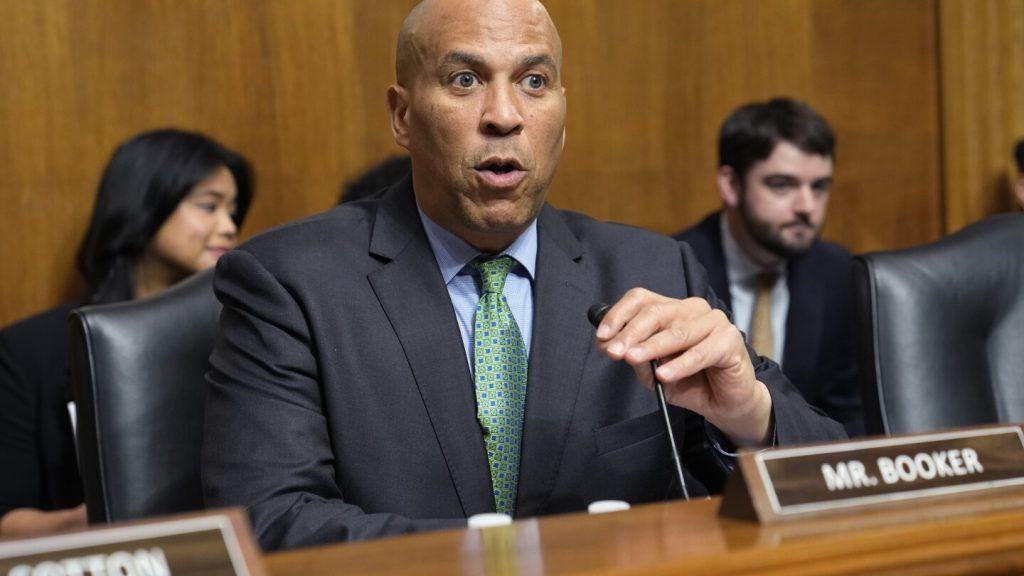Senator Cory Booker recently spoke out against the current state of prison labor in the United States, arguing that incarcerated individuals should be taught professional skills to prepare them for reentry into society rather than being forced to work in harsh conditions for minimal pay or no compensation at all. He emphasized the need for prisons to focus on rehabilitation and redemption, rather than just punishment. Booker highlighted the disproportionate impact of incarceration on people of color and the lack of basic rights and protections for incarcerated workers.
Many incarcerated individuals are currently utilized in maintaining correctional facilities, participating in work-release programs, or leased out to private companies. Major corporations such as McDonald’s, KFC, and Walmart have been found to benefit from this multi-billion dollar industry, as revealed in an investigative report by The Associated Press. Booker, as chair of the Senate subcommittee on criminal justice and counterterrorism, called for reforms in prison labor practices, including making jobs voluntary, increasing wages, and ensuring worker protection.
In response to Booker’s remarks, Republican Senator Tom Cotton of Arkansas defended the use of prison labor, describing incarcerated individuals as dangerous and suggesting that they should contribute to society through their work. The tradition of using prisoners for labor dates back to the early 1800s but became more prevalent after the Civil War with the 13th Amendment loophole that allowed for the continuation of slavery for those convicted of crimes. This led to the exploitation of Black men under brutal conditions during the convict leasing era, benefiting major industrial companies.
Andrea Armstrong, a law professor at Loyola University New Orleans, highlighted the dangerous and often exploitative conditions faced by incarcerated workers, emphasizing that they were not sentenced to such risks. Incarcerated individuals are sometimes given hazardous tasks without proper training, resulting in severe injuries, disabilities, and even fatalities. Armstrong pointed out the lack of oversight, transparency, and accountability in the prison labor system, noting that individuals who refuse to work in unsafe conditions could face additional criminal charges and sentences in certain states.
The current system of prison labor in the United States has raised concerns about ethics, human rights, and the rehabilitation of incarcerated individuals. While supporters argue that it serves as a form of punishment and a way for inmates to give back to society, critics point out the exploitation, lack of proper compensation, and dangerous working conditions that many incarcerated workers face. Booker’s call for reforms to prioritize rehabilitation and provide professional skills training could potentially lead to a more effective and humane approach to the issue of prison labor in the country. The debate surrounding this topic underscores the need for a deeper examination of the criminal justice system and its impact on incarcerated individuals and society as a whole.


